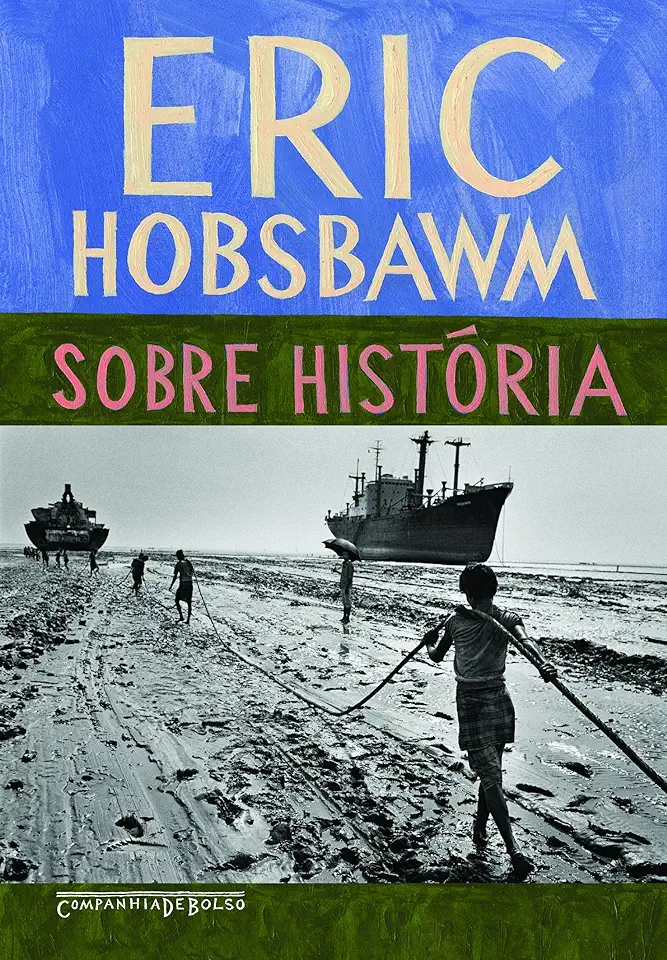
On History - Eric Hobsbawm
On History: A Masterful Exploration of the Past by Eric Hobsbawm
A Journey Through Time:
In his seminal work, "On History," Eric Hobsbawm embarks on an intellectual odyssey, delving into the depths of the human experience across time. With a keen eye for detail and a profound understanding of historical processes, Hobsbawm weaves a captivating narrative that transports readers to different eras, cultures, and civilizations.
The Power of History:
Hobsbawm argues that history is not merely a collection of dates and events, but a dynamic force that shapes our present and future. He emphasizes the importance of understanding the past to make sense of the complex world we live in. Through his insightful analysis, Hobsbawm demonstrates how historical events, social movements, and cultural shifts have influenced the course of human civilization.
A Global Perspective:
One of the strengths of "On History" is Hobsbawm's ability to provide a global perspective on historical developments. He transcends national boundaries and explores the interconnectedness of different regions and cultures. By examining the interactions between civilizations, Hobsbawm sheds light on the processes of globalization, colonialism, and cultural exchange that have shaped the modern world.
The People's History:
Hobsbawm challenges traditional historiography by placing the experiences of ordinary people at the center of his narrative. He argues that history is not just about the actions of great leaders and powerful institutions, but also about the lives, struggles, and aspirations of the masses. By giving voice to the marginalized and oppressed, Hobsbawm presents a more inclusive and comprehensive understanding of the past.
The Long View:
Hobsbawm adopts a "longue durée" approach to history, examining broad patterns and trends over extended periods of time. He argues that this perspective allows us to identify underlying structures and processes that shape historical change. By zooming out and taking a panoramic view of history, Hobsbawm provides a deeper understanding of the continuities and discontinuities that have shaped human societies.
A Call to Action:
"On History" is not just an academic treatise, but also a call to action. Hobsbawm urges readers to engage with the past critically and to use historical knowledge to inform their understanding of contemporary issues. He believes that by studying history, we can gain insights into the challenges and opportunities of our time and work towards a more just and equitable future.
Why You Should Read "On History":
"On History" is a must-read for anyone interested in understanding the world we live in. With its captivating narrative, global perspective, and emphasis on the experiences of ordinary people, Hobsbawm's work offers a profound and thought-provoking exploration of the past. Whether you are a history buff, a student, or simply someone curious about the human experience, "On History" is a book that will enrich your understanding of the world and inspire you to think critically about the future.